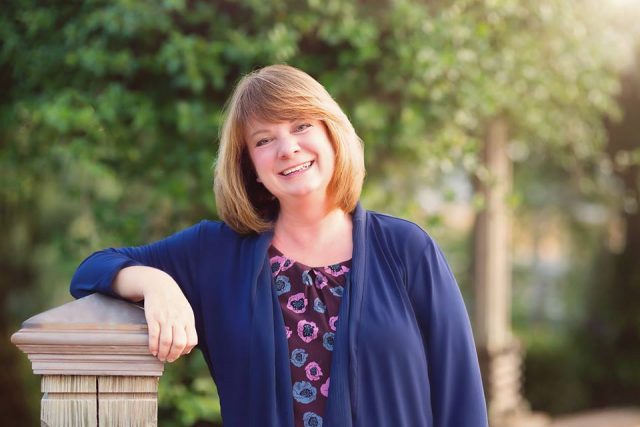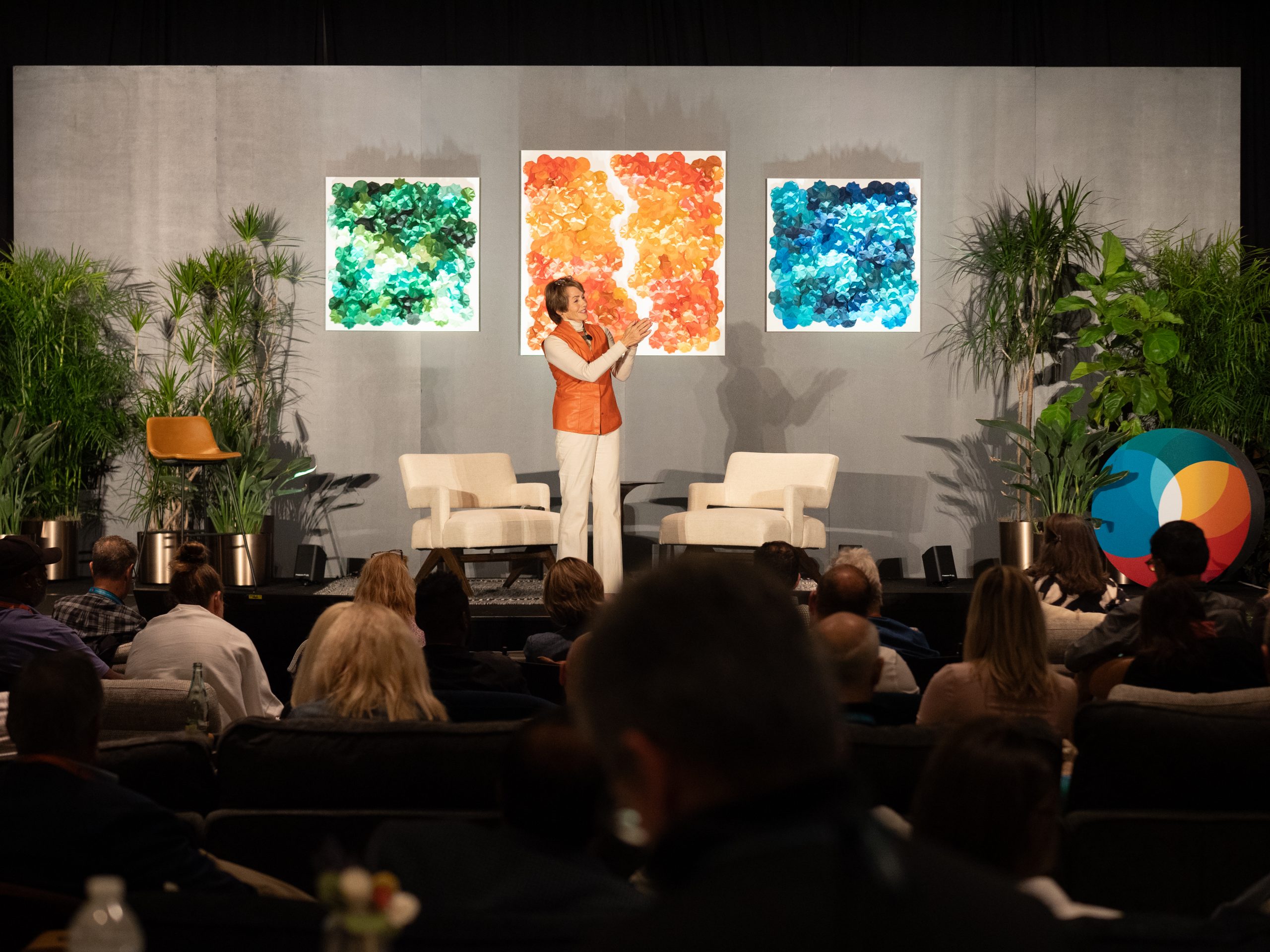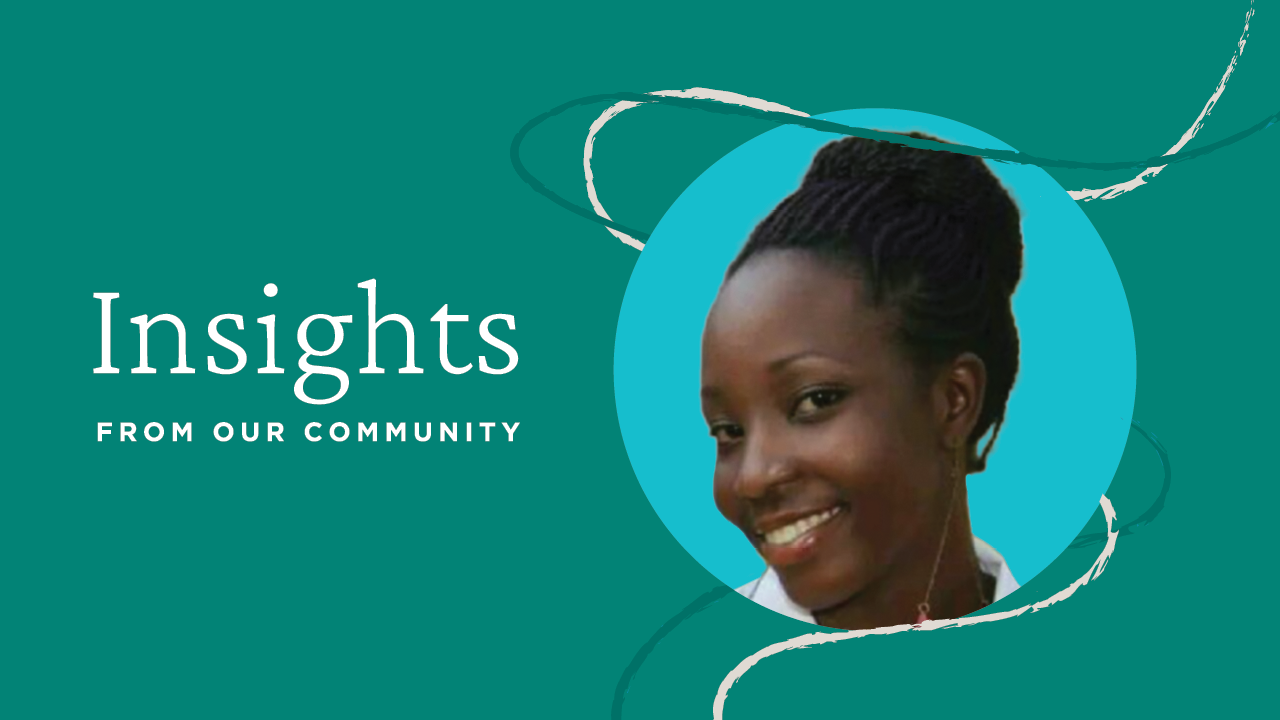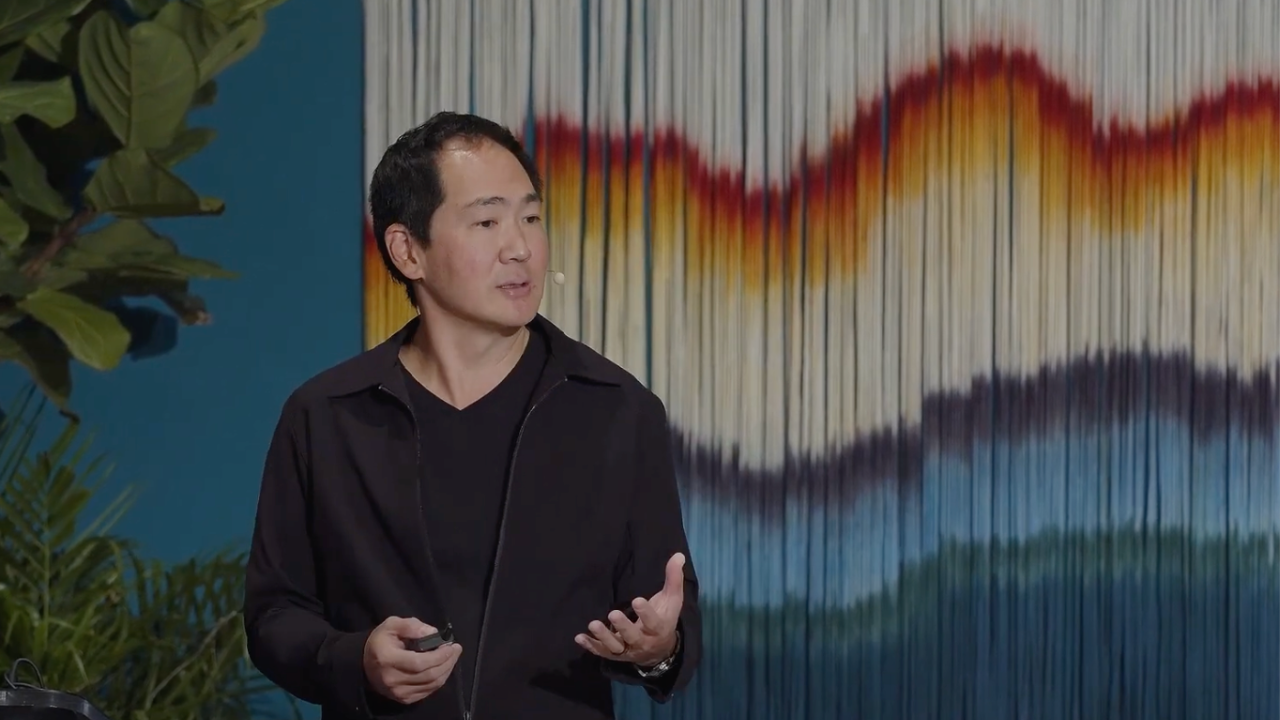I’m five years old. My parents, sister, and I are headed to a cheese factory in Wisconsin in our “Brady Bunch” station wagon on a rainy day. We stop at a red light. Looking out my window, I see a billboard; there, larger than life, is a Native American chief with a tear running down his cheek. It is an advertisement to stop littering our planet, but the tears in that chief’s eyes reverberate through rain-spotted glass, and the drops of water running down the window turn into the tears of the world.
I knew it at that moment, though maybe not exactly how. I was going to help people smile, be happy, and love each other, bring love, harmony, and healing to the human condition. And so, in adulthood, exploring the deeper dimensions of human potential became my life’s work—first as a trained psychotherapist and later as a certified coach and facilitator of dialogue.
You might think I was lucky to discover my purpose at such a young age. We all yearn for that “certain something” that brings meaning and significance to our lives, so to discover it earlier than most people must be of tremendous benefit, right?
Well, yes . . . and no.

There is a positive side: growing up with a powerful sense of purpose made me a light-chaser—trying to find the good and noble in everything and everyone. Being selfless. Seeing the silver lining. Looking for the rainbow. Being the mediator. Trying to be the most loving, peaceful, happy person possible.
Then it became exhausting. I felt alone, as I continued to do my work of the soul in private and felt the burden of being nothing more than an imposter. What else could I be? All the personal development courses. The self-help books. Hypnotherapy. Meditation. Walks in nature. My own work. I had been doing all of that for years; but still, there they were, those feelings of anger and frustration and judgement. A longing to be acknowledged and seen, as a woman working with some of the most amazing thought leaders in the world. These aren’t things you’re supposed to feel when you’re conscious and “awake.” I had been a mindfulness practitioner for decades, yet there I was, afraid I would be “exposed” to the very people I had coached and facilitated, afraid I was undeserving of my own success. So much for being the “expert.”
Chasing the light always comes with a shadow; it’s part of the territory. And if I had known in my earlier years what I understand today, that other side of the sword might not have felt so sharp.
The gift of vulnerability
One of the amazing gifts I have received through my involvement with Conscious Capitalism is the reconnection to the very thing I discovered at five years old: a passionate desire to build a world that is good, noble, and ethical—inspiring, transforming, and connecting people and businesses in a way that is harmonious.
I’m also grateful to Conscious Capitalism for something I hadn’t yet experienced until about five years ago, when I accepted an invitation from Jeff Klein to attend the Spring Conference and deliver my first practicum. And that “something” was vulnerability—public vulnerability.
Picture this: A introverted female coach and facilitator who has worked for nearly two decades with male business partners and thought leaders who are all 25–30 years older than herself. She walks into a business conference to listen to predominantly male, C-suite level thought leaders give keynotes and deliver practicums. What story do you think she tells herself? Of course, she assumes she is “less than.” Is this accurate? No. But this experience cracks her wide open. People on stage—mostly men and a few women—sharing their stories of heartache and struggle. Being vulnerable. Taking risks. Being real. It is truly, honestly, life-changing stuff.
Fast forward to 2017—my first CEO Summit, by invitation only for CEOs, founders, and presidents. I was so appreciative to be nominated and invited to attend; at the same time, I was curious about what I might experience. My mind was blown. Raj Sisodia spoke about the role organizations must play in healing people and the world. Roy Spence on a Divided America. Exploring life’s big questions. Getting messy. Sharing the successes and failures of what it means to live a purpose-driven life. I was no longer alone. I had come home. I had finally found my tribe.
And now, this year, participating in the Conscious Leaders Learning Lab, I have learned so much about what it really means to be on this journey and the courage it truly takes to lead. Cohosted by Conscious Capitalism, Inc. and the Fetzer Memorial Trust, this is an opportunity for participants to both deepen their internal practices that support Conscious Leadership and provide a space to create the “art and science” of Conscious Leadership for others. Leadership is hard work, so we often resist it. It can feel boastful, even self-glorifying, to call ourselves leaders.
This Lab is a facilitated exploration of introspective, intuitive, and contemplative dialogue regarding the core elements of Conscious Leadership. This includes working with our own shadow, understanding how that shadow—that contrast—is part of the light and how being more aware of it, more fully understanding who we are wholly, is a necessary part of the journey. Failing to look at our shadows can create potentially adverse consequences to ourselves and others. There are gifts in the shadows that, when understood, increase our leadership effectiveness.
Parker Palmer has said, “By failing to look at our shadows, we feed a dangerous delusion that leaders too often indulge: that our efforts are always well-intended, our power always benign, and the problem is always in those difficult people whom we are trying to lead!”
A symbiotic relationship
The shadow and the light: that double-edged sword is at our side throughout any important work that we do.
But shadows cannot exist without light. And by censoring any feeling or impulse, we are also suppressing its opposite. It’s alchemy: as above, so below. To deny greed is also to reduce generosity. To refuse fear minimizes courage. If we deny our ugliness, we lessen our beauty.
And who is to say what is a strength or a weakness? People who are often stressed, oversensitive, and anxiety-prone may also be quick thinking, empathetic, and creative. In both cases, an overactive nervous system is the source. Yet, in one context, these things are considered weaknesses; in another, they are viewed as strengths.
How do we begin this journey of discovering and accepting our whole self? Silence, inquiry, and non-judgmental self-examination is a way to begin.
Here is one exercise to try: It’s important to be in a reflective state when you do this exercise, so set aside a time and place where you won’t be interrupted or distracted. All the answers you need are within; but you must become quiet and still so you can hear them. Leave yourself plenty of time; put away your cell phone; and keep a journal and pen nearby.
When you’re ready, close your eyes; take three cleansing breaths; and relax. Placing your attention on your breath, continue to relax; and once you feel you are in a state of calm awareness, ask yourself the following questions, taking time to listen to your inner voice:
- What aspects of my life need transforming?
- What scares me most about what someone else will discover about me?
- What don’t I want to discover about myself?
- What could stop me from doing the necessary work to transform my life?
- Where is the brilliance in between my opposites?
After each question, close your eyes; reflect; and then write down your answer. Write whatever comes to mind—without thinking; there is no right or wrong. Simply surrender to what emerges.
In her best-selling book The Dark Side of the Light Chasers, Debbie Ford explains how we hide from our dark sides—consciously or unconsciously—rejecting those aspects of our true natures rather than giving ourselves the freedom to live authentically. In acknowledging and accepting our so-called weaknesses, we may discover that these qualities prove to be important, hidden strengths. “Perhaps a touch of laziness is just what the workaholic needs; perhaps some judicious selfishness can save us from exhaustion and resentment.”
And maybe, instead of hiding behind it, we can pick up the double-edged sword and learn how to use it for its highest good.



